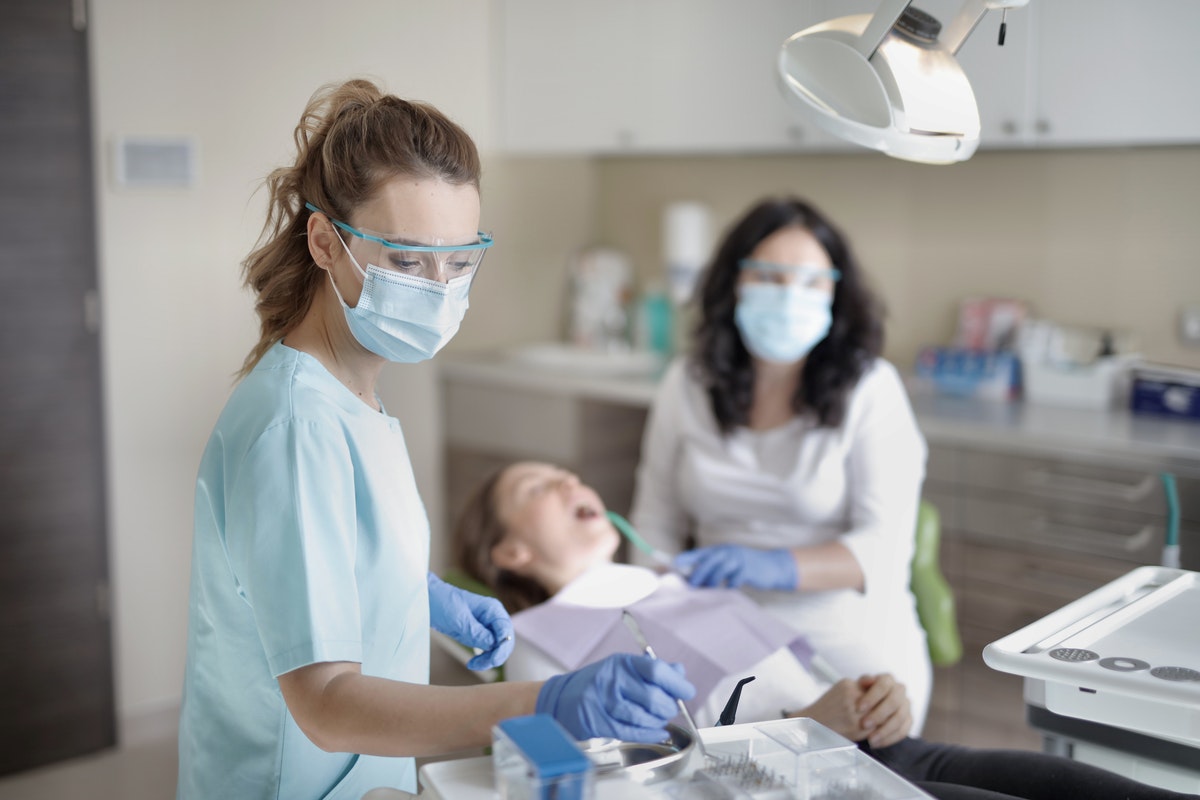We’ve seen it countless times on TV. When an unseen enemy grips a community and turns everyone panicking for their lives, it makes for a great Hollywood flick. Sandra Bullock’s Netflix film Bird Box is a fine example. Today, however, life has imitated art. Who would think that America would be battered by an unseen virus and be wrapped in fear for months on end?
Indeed, the virus has not only changed the way we work. Rather, it has changed our way of life. That the pandemic took over 600,000 American lives cannot be erased in our collective memories. We keep our distance as much as possible and risk not exposure to anyone with the virus.
All this, however, takes a dangerous turn when someone in the family is infected. It becomes, in a sense, like those weird zombie movies where the protagonist must not risk getting bitten by a turned friend. As much as you would love to help your loved one, you must ensure you don’t get the virus. Or you’d be looking at a bigger problem on your shoulders.
The good news is you need not panic if someone in the family has the virus. As infectious as the virus is, its behavior has been exposed. With expert tips, you should be able to help your loved one without getting the virus yourself.
Get Tested
The first thing that you should do is to secure a COVID-19 PCR test for yourself. This should let you know how much you need to protect yourself and if you do have the virus already. But there’s a catch.
Even if you tested negative to the test, it won’t mean you’re already free of the virus. Remember that early infection means the virus remains undetected causing what is now known as a “false negative”. It’s therefore not safe for you to consider yourself free from harm.
What’s worse is people with false-negative can actually spread the virus. So it’s best not to assume that you’re virus-free even when you tested negative. On its first days of infection, people won’t show enough symptoms as usually the virus has an incubation period of 14 days.
It’s best, therefore, that you take another test within 7 days after your first test. By that time, your symptoms should manifest better. And that should be the protocol for everyone in the household. Community-based testing sites come in handy.
Limit Contact
If you’re starting to feel alone and afraid, it would be wise you talk to a certified health and wellness coach. By giving you expert guidance regularly and at the same time emotional support, a reliable coach should be able to steer you in the right direction away from mental and health issues.
Even better, you can have a coach connect with your infected relative online so a treatment plan can be drawn that should help your loved one recover faster from the claws of the virus.
Human interaction is the fastest way the virus spreads so you should ensure that the infected person is separated away from the whole family. That means:
- As much as possible, the infected person should have a separate bathroom and bedroom.
- Keep yourself at least 6-feet away from the infected person.
An infected person should be in quarantine for a minimum of 14 days from the time he manifested symptoms. It could be longer for severe cases.
Should you provide care, you must only do so under the most necessary conditions. That means bringing food and avoiding long contacts or engaging in small talk.

Wear a Mask
As the virus can spread easily within the household, everyone should wear a mask, the sick person including. Masks should be mandatory, especially for the person who’s infected.
It may not give you 100% assurance but wearing a mask can definitely lower your risks of getting the virus.
Keep Windows Open
Summer could work for you, in this regard. Open the windows so the sun’s heat and fresh air can cleanse the air from within. When you open windows, you ensure that the air inside is replaced with cleaner air outside. Plus, the sun’s UV rays can be a great way to limit the virus which can stay in the air in droplet form.
Always Wash Your Hands and Disinfect Surfaces
Good hand hygiene can go a long way in keeping the virus as far away from you as possible. Our hands are dirt magnets. Every time we touch a surface, there’s a chance we could be in direct contact with the virus.
By regular washing, you reduce the chances of the virus ever attaching to you. Do a thorough wash using soap and water every time you come near your infected relative. A rule of thumb is to wash within 20 seconds for the best results. As much as possible, use soap and water. That’s the best way. But if not, use 70% isopropyl alcohol.
Use Online
If you really want to connect with your relative, the internet should help. You can provide moral support by organizing other friends and relatives to talk to him. At the end of the day, remember you don’t need to be in direct contact just to show that you care about your loved one.
